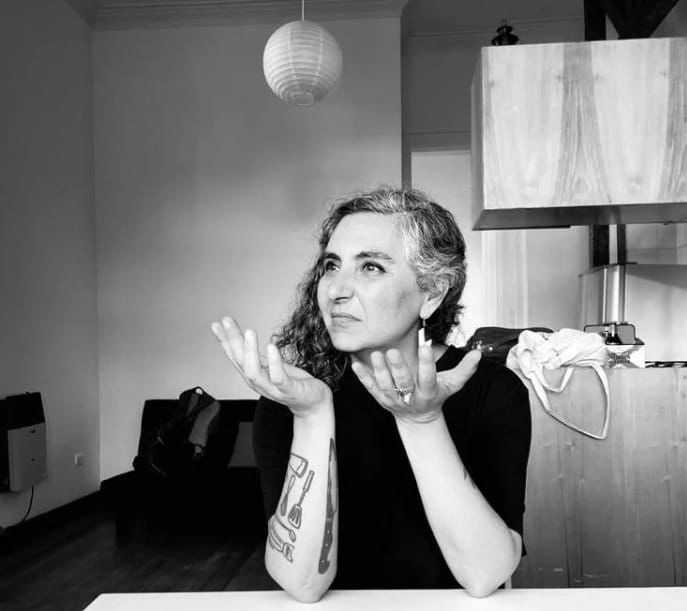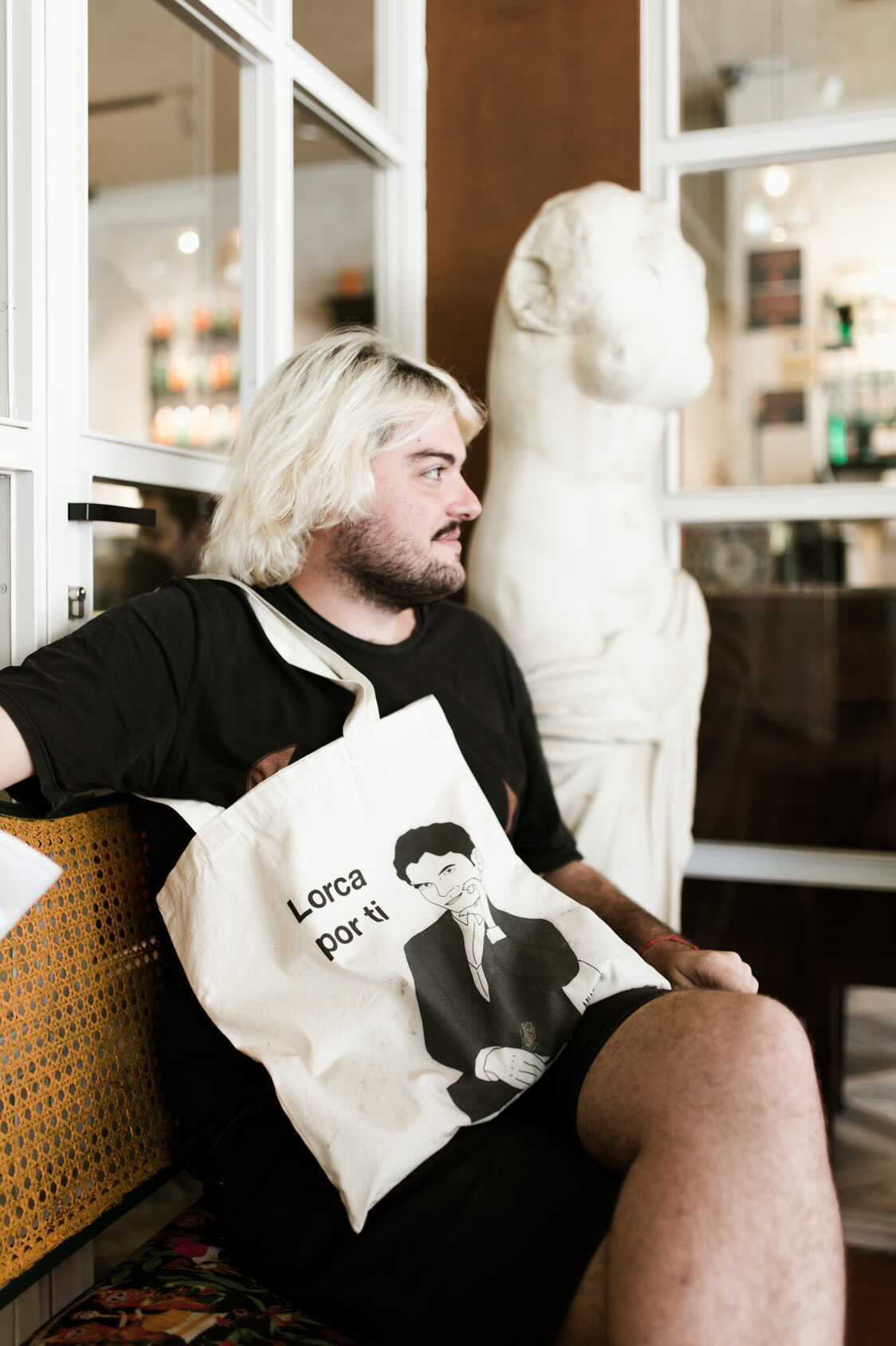[ESP]
︎PIPA!
ANARCHIVO
This space is structured from the continuity of the archive of collaborative practices created in 2019 and continuing its construction towards an anarchive that feeds and increases its collection from the research carried out under the curatorship of PIPA! on an independent, horizontal and democratic basis. The elements that make up this anarchive seek to explore different formats that deconstruct the institutionalised notion of what an archive should be, being mutant and permeable to the diverse processes that are generated from it and that feed back into its content.
![]()
![]()
︎PIPA!
ANARCHIVO
[Anarchive]
This space is structured from the continuity of the archive of collaborative practices created in 2019 and continuing its construction towards an anarchive that feeds and increases its collection from the research carried out under the curatorship of PIPA! on an independent, horizontal and democratic basis. The elements that make up this anarchive seek to explore different formats that deconstruct the institutionalised notion of what an archive should be, being mutant and permeable to the diverse processes that are generated from it and that feed back into its content.
Images of residents making use of the archive
︎︎︎ IMMERSION
[SEE MORE]
November 7, 2022 to January 15, 2023
In this new cycle, we wanted to carry out a research residency on the Anarchive that would make it possible to generate a non-traditional order of the contents that enter and leave it. In a creative way, we wanted to generate a dynamic cartography of the collection that would expand towards other modes of safeguarding, as well as freeing it by opening it up to the public both physically and digitally.

Immersion proposes a journey full of questions. The first of these could be what differentiates it from an archive. With this triggering question, which is both a taking of a position and a place of enunciation, Kena Kokaly considered the communal basis and collaborative construction of meaning to go in search of the latencies, rather than the evidences in the different materialities and formats that constitute the current Anarchivo.
︎︎︎ARCHIVING AS A WAY OF KNOWING (AND KNOW ONE SELF)

[SEE MORE]
Since 2021, the art historian Fidel Villar Barquín (ESP)* has been in charge of the revision, ordering, systematisation and analysis of this archive and writes the following text as a reflection on his work.
